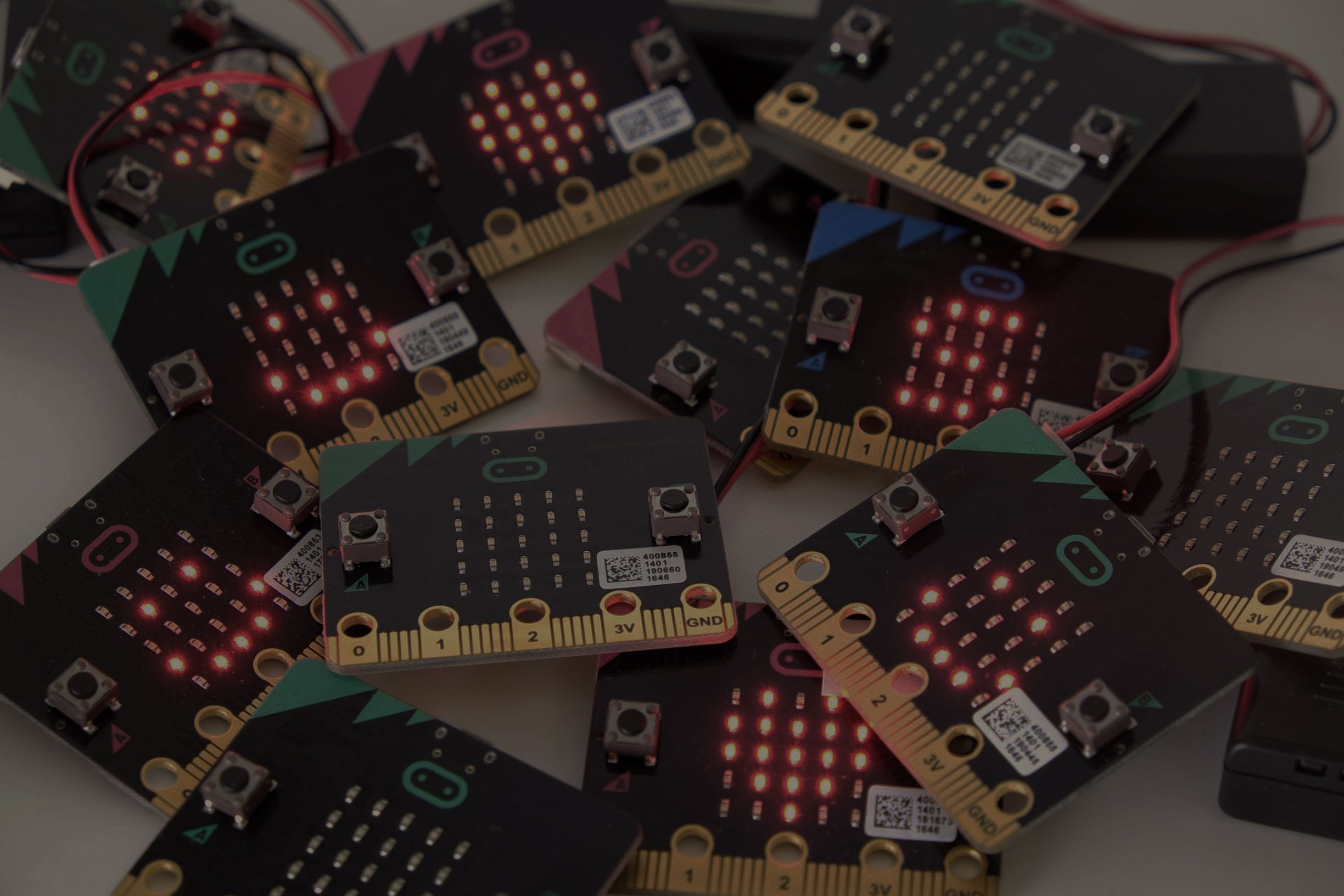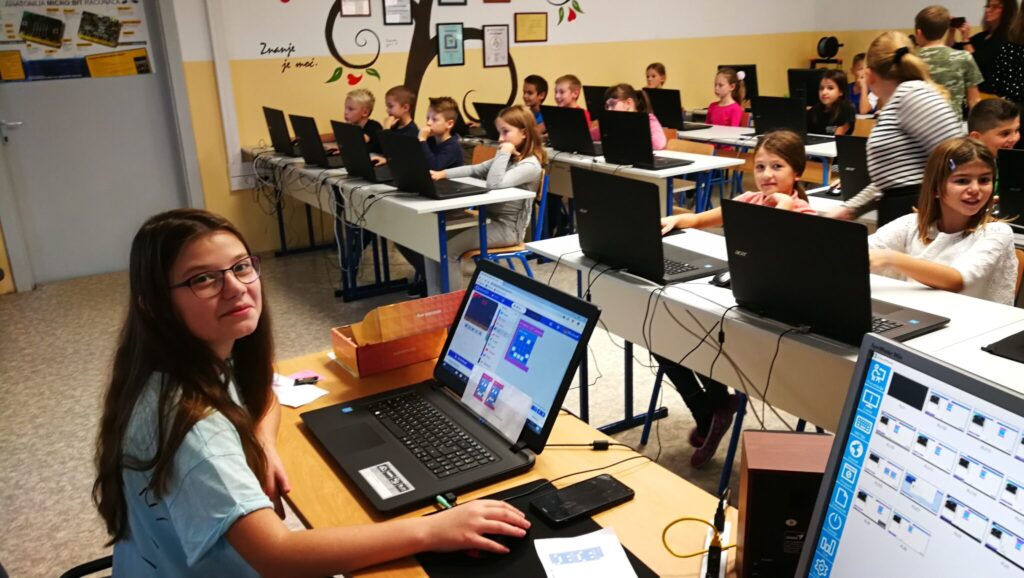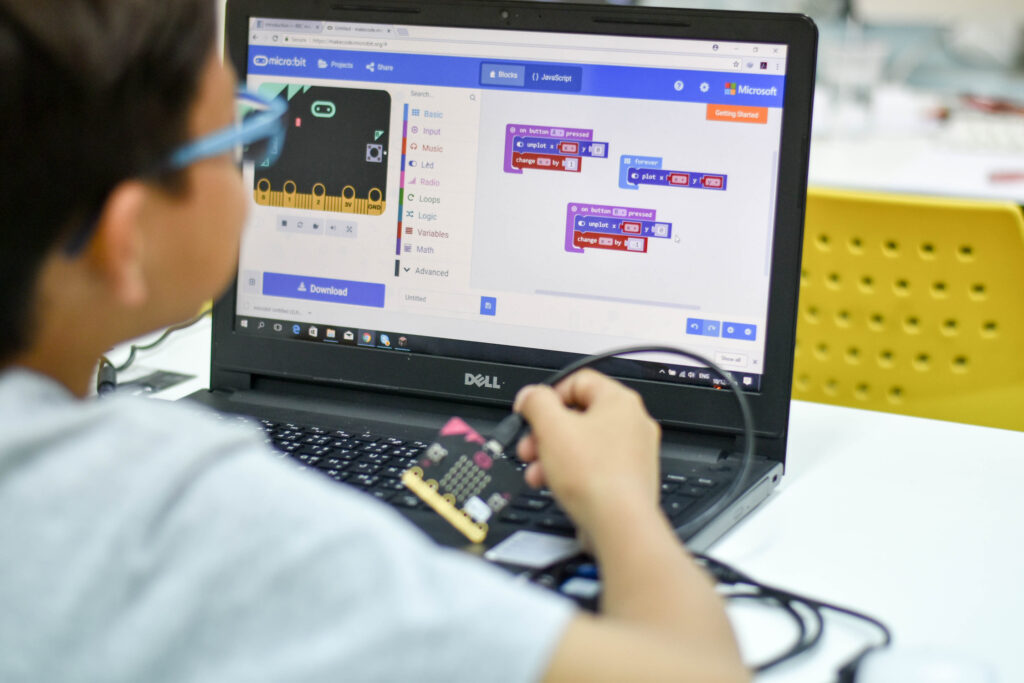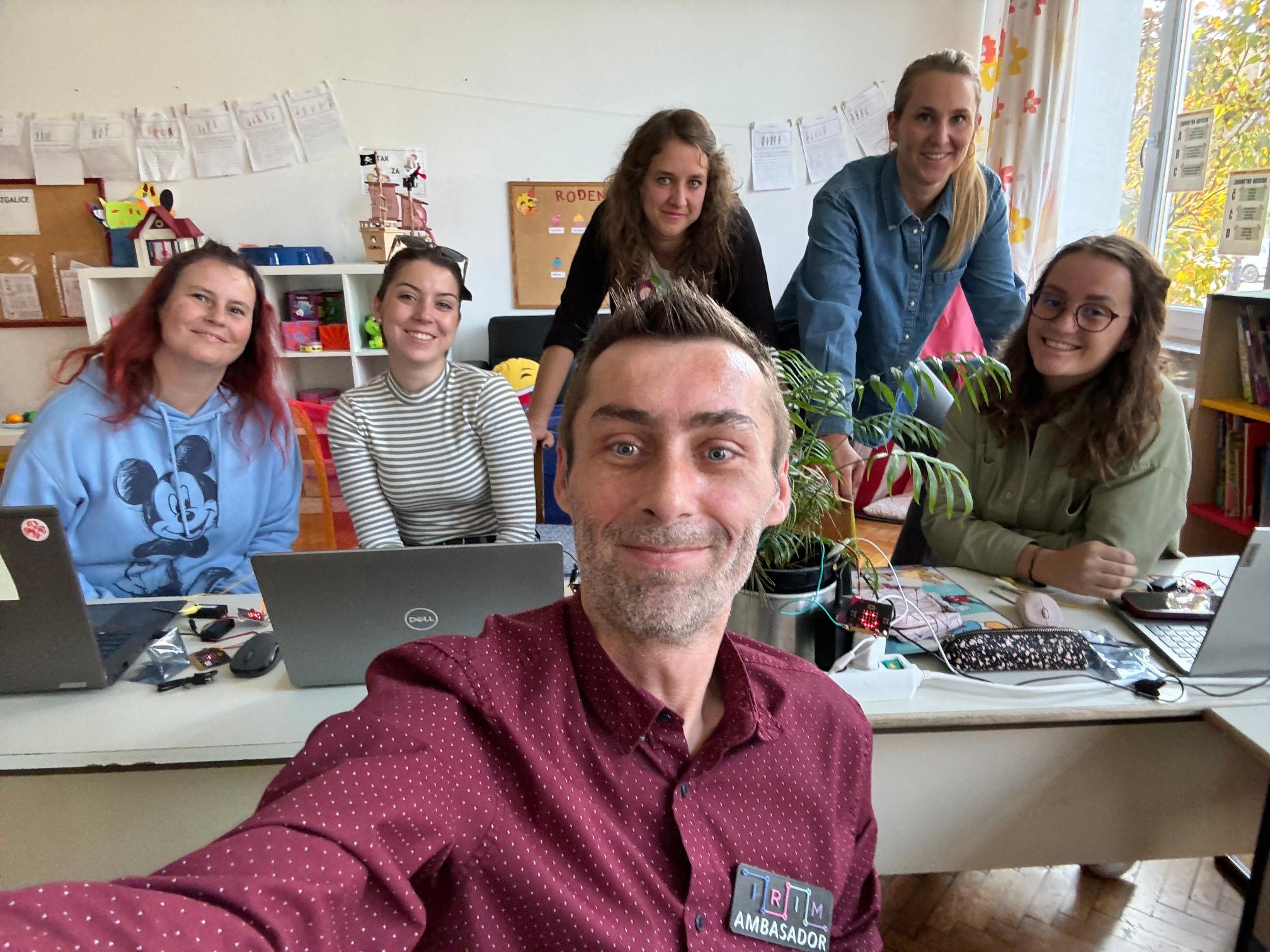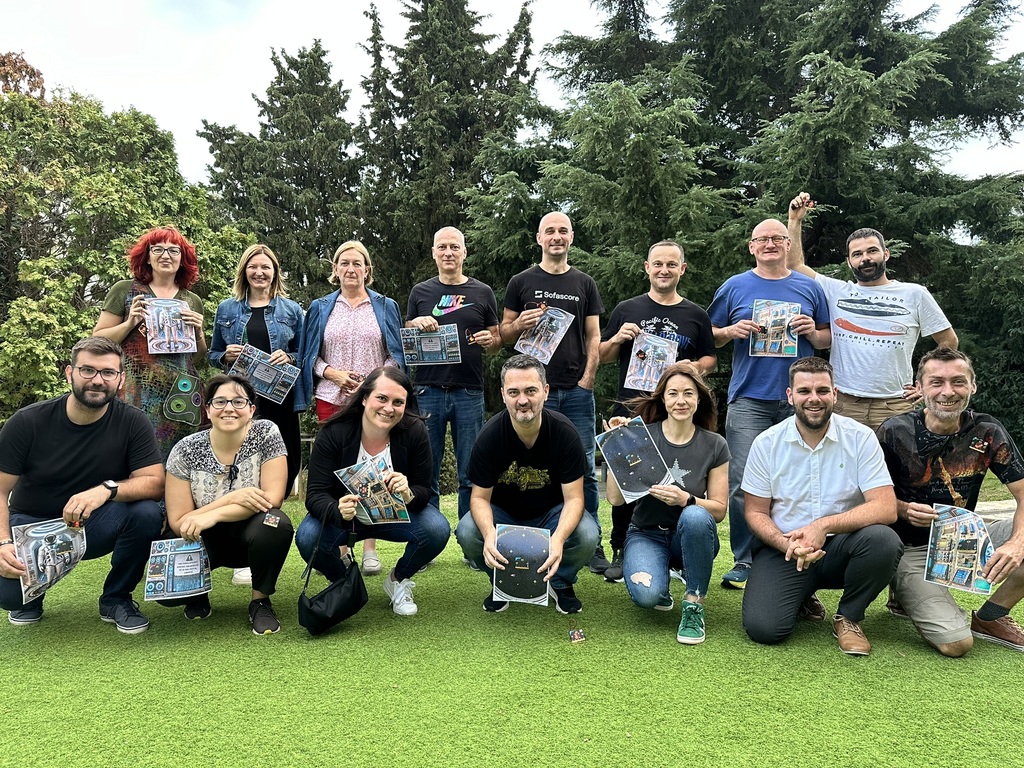Rotary organization from abroad
The Rotary Foundation, Rotary District 1590, Rotary District 2750, Rotary District 3470, Rotary District 3481, Rotary District 4420, Rotary District 6250, Rotary District 6450, Rotary District 7710, Aurora Sunrise, Barry Phillips Charitable Fund, RC Hillsborough, RC Bellevue, RC Beloit, RC Bolingbrook, RC Chicago, RC Chicago Cosmopolitan, RC Chicago O'Hare, RC Conakry, RC Heerenveen, RC Hinsdale, RC Lisle, RC Media, RC Montgomery, RC Naperville, RC Naperville Downtown, RC Oak Park-River Forest, RC Orland Park, RC Taipei Agape, RC Taipei Central, RC Taipei Fu-Junq, RC Tokyo Sunrise Shiodome, RC Wilmington, RC Woodridge

